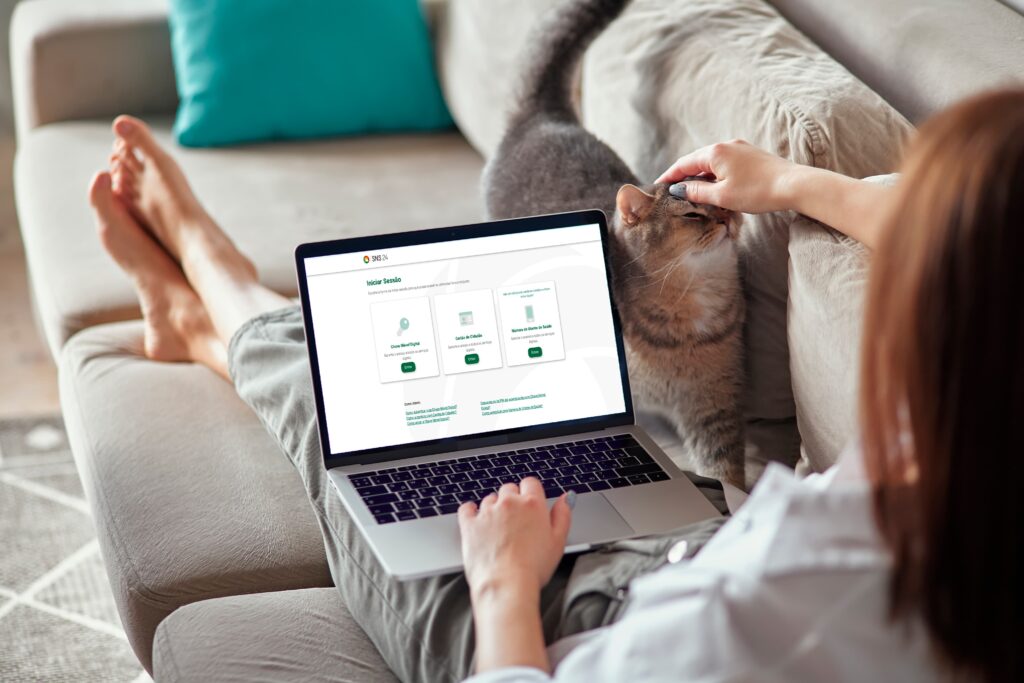Find out what user charges are and if you are entitled to an exemption
Did you know that it is possible to access healthcare without paying user charges? For many, this benefit makes a significant difference to managing health expenses and is available to specific groups. In this article, we explain everything you need to know about who is entitled to exemption from user charges and how to apply for it. What are user charges Moderating fees represent a contribution to the use of health services in the SNS, applicable in situations such as consultations, exams and hospital emergencies. However, these fees have been reduced in recent years and are currently only charged in specific cases. When do user charges apply? Since June 1, 2022, this amount has no longer been charged for consultations and exams, including follow-up consultations and prescribed exams. However, they are still applied in cases of hospital emergencies without prior referral by the SNS. In a nutshell: Hospital emergency without referral (not referred by the health center or SNS 24 line) is subject to a fee Hospital emergency with referral (referral by the health center or SNS 24 line) is exempt from the fee Emergency admissions are exempt from the fee. How much does a consultation at the Health Center cost? Consultations at the Health Center, as well as tests and examinations requested by the SNS, are completely free of charge when carried out within the Public Health System itself. See how to make an appointment on the SNS 24 Portal. Who is exempt from user charges in 2024? There are several groups of users who, due to their health, economic or social situation, are exempt from paying user charges. In 2024, they will be exempt: Pregnant and parturient women (including voluntary termination of pregnancy in legally permitted cases) Under 18s People with a degree of disability equal to or greater than 60% Users with economic insufficiency (average monthly household income equal to or less than 1.5 times the IAS) Donors of blood, cells, tissues and organs Fire Brigade Transplant patients Military and ex-military of the Forces Armed forces permanently disabled due to military service Unemployed people registered with the employment center (and their dependents), whose benefit is equal to or less than 1.5 times the IAS Young people in a situation of protection, accompanied by the Commission for the Protection of Children and Young People (CPCJ) or the court Asylum seekers and refugees and their spouses and descendants. How to request exemption from user charges To access the fee exemption, you need to prove that you fall into one of the eligible situations. Below, we detail how to apply for this exemption in different cases: Pregnant and parturient women Pregnant women and women giving birth are automatically exempt from user charges for all health care related to pregnancy and the postpartum period. The exemption applies on presentation of the user card and documentation proving the pregnancy. Minors Children under 18 are exempt from user charges in all NHS services. The presentation of a citizen’s or user’s card is sufficient to guarantee exemption. Disability of more than 60% For people with a degree of disability equal to or greater than 60%, exemption is granted on presentation of an up-to-date medical certificate of multipurpose disability from the health center or hospital unit. Situation of economic insufficiency The exemption for economic insufficiency applies to users from low-income households. To prove this situation, you need to present documents proving your income at the health center, and an assessment of the economic criteria is made to confirm eligibility. Blood and cell donors Blood and cell donors are also entitled to exemption from user charges. To benefit from this exemption, donors must request a voucher from the collection center and present it at the health center or hospital. Volunteer firefighters They can apply for exemption by presenting a declaration issued by their respective corporation, which must be renewed annually and handed in at the health unit. Transplant patients People who have had organ or tissue transplants are exempt from user charges for monitoring and treatment related to the transplant. The exemption can be requested at the health center, upon proof of the clinical situation. Military or ex-military of the Armed Forces Military personnel or ex-military personnel who are disabled as a result of their service are entitled to exemption. The exemption can be requested by presenting documentation issued by the branch of the Armed Forces to which they belong or belonged. Unemployed Unemployed people who are registered with the employment center and have no income above the minimum wage can apply for exemption. To do so, they must present an up-to-date unemployment declaration and, where applicable, proof of income. Young people in the process of protection, internment or foster care Young people who are in protection, internment or foster care are automatically exempt from user charges. The entity responsible for protection or foster care must provide the necessary documentation to formalize the exemption with the SNS. Asylum seekers or refugees Asylum seekers and refugees in Portugal are entitled to exemption from user charges. To do so, they must present a document proving their legal status issued by the competent authorities and show it at the health center or hospital. Where can I apply for exemption? On the SNS 24 User Portal, when accessing the personal area Contact SNS 24: +351 808 24 24 24 In person, at your Health Center. How do I know if I’m exempt from user charges? After submitting the exemption request, you can check the status of the process in the personal area of the SNS 24 Portal or at your Health Center. If you have an appointment, treatment or any other need for non-urgent medical transportation, you can count on Ambula ! We guarantee a safe, comfortable and punctual service, adapted to your travel needs. Partilhar:
Find out what user charges are and if you are entitled to an exemption Read More »




